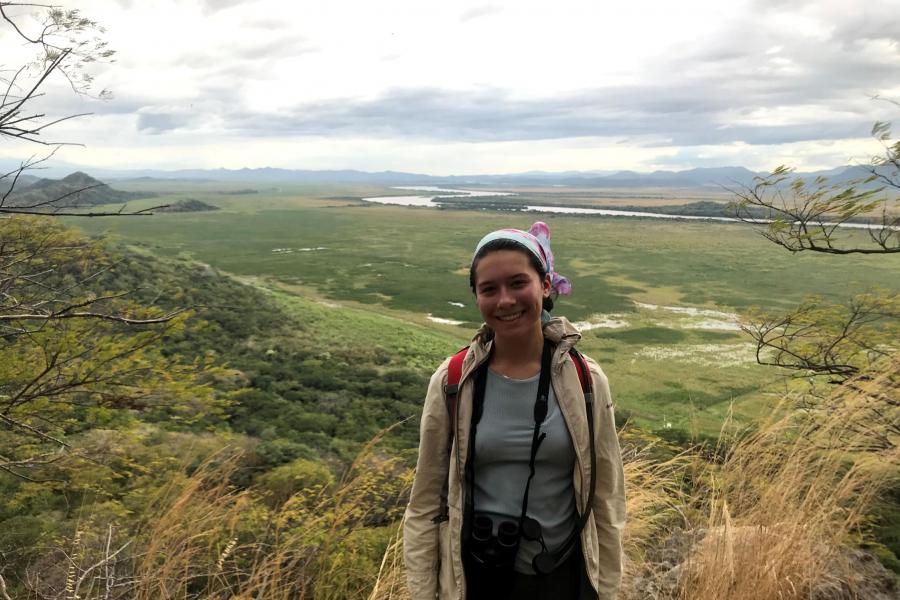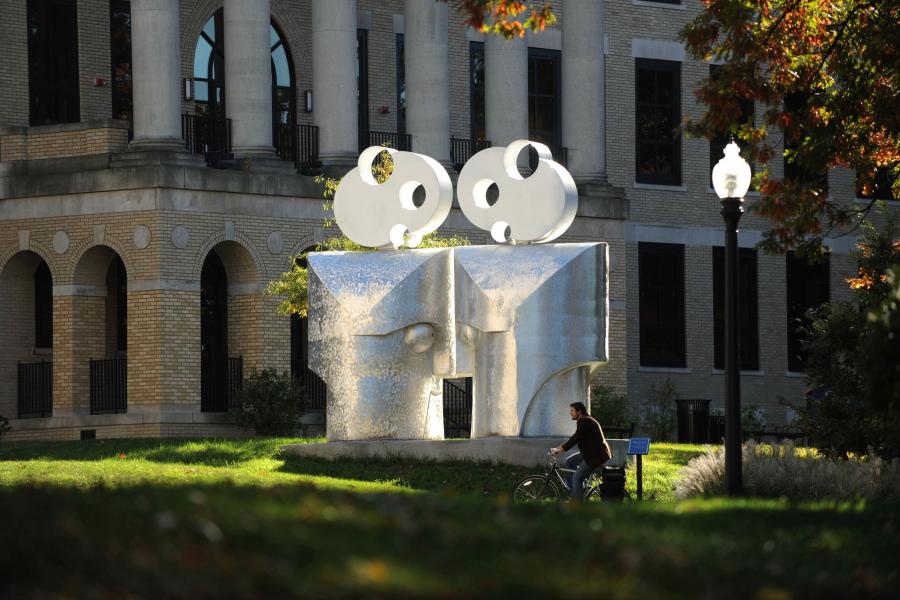Department of Biological Sciences



Á˝ĐÔÉ«ÎçŇą University has recently received a flurry of grants totaling more than $3 million in funding from the National Science Foundation (NSF), which will support research and innovation in a wide range of fields within the College of Arts and Sciences.

Michael Back is a graduating senior Honors College student, majoring in biology with a concentration in organismal biology and a minor in Spanish. Originally from Sharon Center, Ohio, Michael has been interested in ecological restoration since he was in high school. Now in the final semester of his Senior Honors Thesis, Michael used his thesis to delve deeper into his ecological interests. His thesis analyzes a new restoration technique for abandoned surface mines in Cuyahoga Valley, examining “soil bulk density and soil chemistry.”

For students going into the medical research field, having a chance to learn, succeed, fail and be inspired under the supervision of an accomplished researcher during their education is a priceless experience. This experiential learning would not be possible without outside funding, and now, students in Manabu Kurokawa’s lab can elevate their efforts thanks to a grant awarded to the group.


In the medical field, demand for technological advances that can speed data analysis and be less prone to human error continues to increase. Robert Clements recently received a federal grant to continue his work creating a more efficient and improved system to analyze medical data that will benefit not only the biomedical industry but also students at Á˝ĐÔÉ«ÎçŇą.

